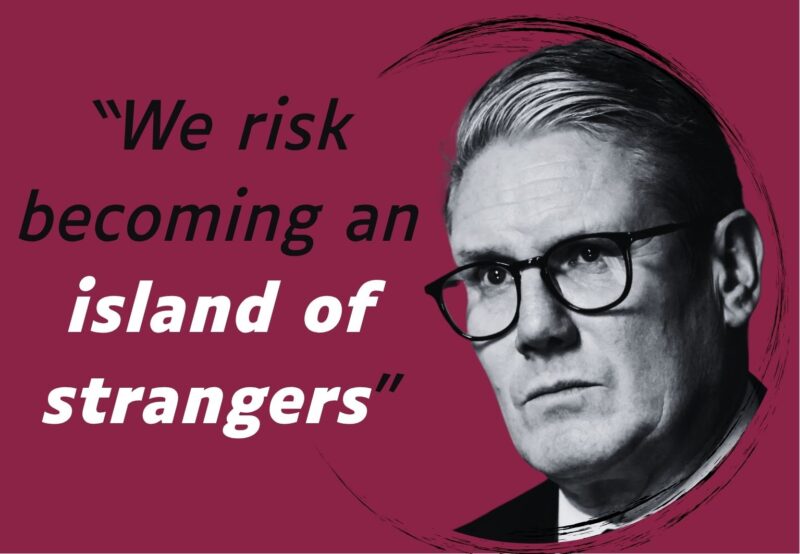Serve the rich, screw the poor – the Tories’ vision for Britain
The Tories are pushing through some of the most dramatic cuts and reforms in living memory, John Bowman explains where they want to take Britain
IN POWER now for nearly a year, the Tories are showing their true colours. It’s a simple and clear-cut message: “You heard what we said to get the votes, now here’s what we really think.” For all the promises of “fairness” and “protecting frontline services” in the last general election, now the gloves are off.
The public service White Paper will explain why this isn’t all just total madness, but part of a deliberate plan to break down and dismantle the entire welfare state.
It will put in place principles that will signal the decisive end of the old-fashioned, top-down, take-what-you’re-given model of public services. And it is a vital part of our mission to dismantle ‘Big Government’ and build the ‘Big Society’ in its place. This change is long overdue. We all know the damage caused by centrally controlled public services. (David Cameron, The Telegraph, 20 February 2011)
Beneath all the jargon and rhetoric, what is Cameron really saying? When he says ‘big government’, he means the idea that the state should provide public services for all regardless of who you are, where you’re from and how much you earn.
When he says he wants to dismantle it and put “big society in its place”, he means opening them up to  private companies, which put profits before people.
private companies, which put profits before people.
Once the state’s only dealing with public services is writing cheques to private companies, the next move – one that the Tories haven’t dared yet suggest – will be to make people pay directly for such services, like students who want to go to university.
This plan is a massive attack on all ordinary people, who depend on health services, who have ever been made redundant, who work in the public sector, who send their children to the local comprehensive school, and who don’t just rely on public services, but believe in them too.
The ‘Big Society’ wants to do away with the state and replace it with individual charity and hand outs – it’s taking Britain back to the Victorian age.
The White Paper will have at its core a three-point ethos for carrying these attacks through – labelled diversity, choice, and delivery at the lowest possible level. But this positive wording masks the real objective – privatisation.
The Tories have said that diversity means allowing a range of different private providers to bid for contracts. Choice and delivery at the lowest level are about turning service users into customers, and turning the point of delivery into the ‘point of retail’:
Instead of having to justify why it makes sense to introduce competition in some public services – as we are now doing with schools and in the NHS – the state will have to justify why it should ever operate a monopoly.
By introducing competition, private companies will attempt to beat the public sector with lower prices. When they are trying to seize ‘market share’ from the public sector, they can promise the world and undercut to drive them out of business. But the end result of competition is a monopoly.
Just look at the NHS. Once they drive out ordinary NHS hospitals, forcing them to close as they can’t compete in the new ‘free market’, the big US health multinationals will be free to drive down quality, force up prices and make big profits.
It is the same logic across the board and is deliberately destructive. The Localism Bill, for example, will significantly hit the poorest in the country – it gets rid of the idea that communities with the highest level of poverty should get more support from the state.
This is the reality of so-called ‘consumer choice’ in public services. It boosts inequality allowing the middle classes to cherry pick better-funded services, perhaps by paying a bit more on top of the ‘bog standard’ state provision afforded to the rest of us.
The ‘Big Society’ isn’t about fairness. And, really, it isn’t about consumer choice either. What everyone of these policies eat away at is the idea that everyone has a universal right to quality public services – regardless of where you live or what you can afford.
And this is at the heart of the ‘Big Society’ – ending the system of universal provision and creating a society sharply divided between the haves and have-nots. That’s why it must be stopped.






